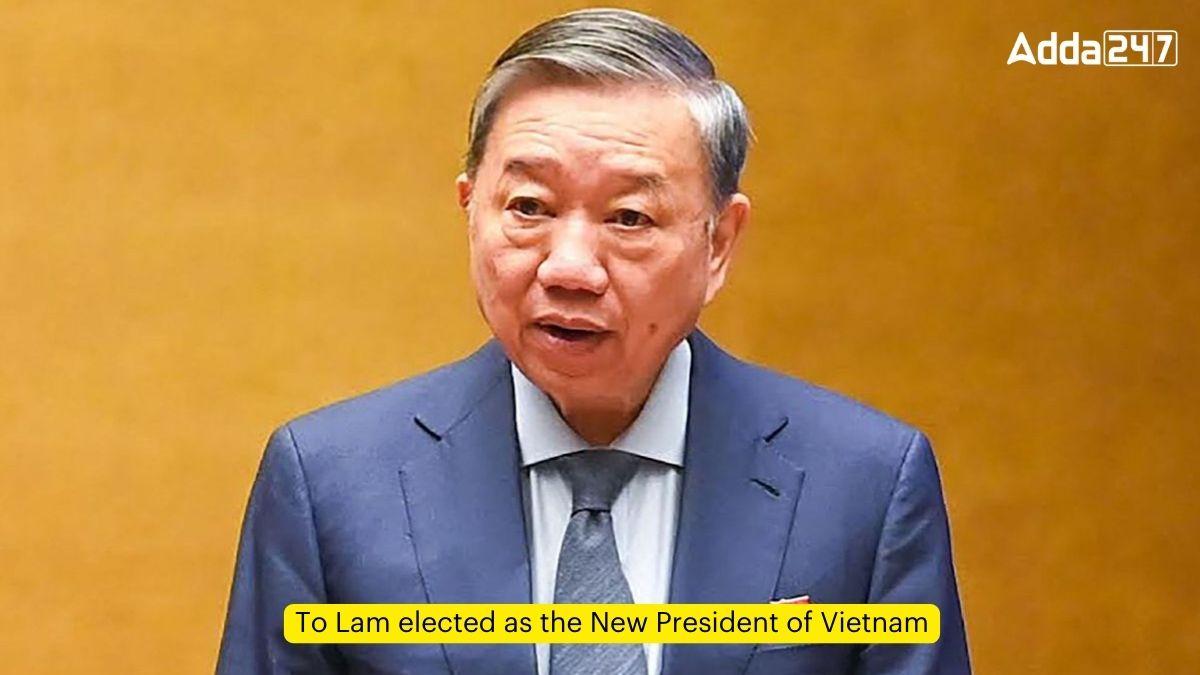To Lam, Vietnam’s former minister of public security, has been confirmed as the nation’s new president by the National Assembly. His rise comes amid an ongoing anti-corruption campaign that has shaken the country’s political establishment and business elites, resulting in multiple high-level government changes.
Potential Path to Becoming Party Chief
While the Vietnamese presidency is largely ceremonial, analysts suggest that Lam’s new role as head of state puts him in a strong position to become the next Communist Party general secretary, the most powerful political position in the country. The current party chief, Nguyen Phu Trong, is 80 years old and may not seek another term after 2026.
Spearheading the Anti-Graft Crusade
As Vietnam’s top security official, Lam has been at the forefront of Trong’s sweeping anti-corruption campaign, which views graft as the gravest threat facing the party. His investigations have targeted high-profile politicians, contributing to the ouster of six members from the 18-member politburo, including two former presidents and the parliamentary head.
Crackdown on Dissent and Civil Liberties
During Lam’s tenure as public security minister, human rights organizations have strongly criticized Vietnam for its harassment and intimidation of critics. Watchdog groups have documented numerous cases of activists and dissidents being arrested, convicted, and sentenced to prison terms for expressing critical opinions about the government.
Allegations of International Law Violations
In 2017, German authorities accused the Vietnamese secret service, under Lam’s leadership, of abducting a Vietnamese businessperson and former politician, Trinh Xuan Thanh, from Berlin. Germany deemed the incident “an unprecedented and flagrant violation of German and international law” and responded by expelling Vietnamese intelligence officers.
Tightening Control and Censorship
With Lam’s ascent to the presidency, critics warn of further intensification of repression and censorship in Vietnam. Civic space has been increasingly curtailed, with restrictions on foreign aid, the jailing of climate activists, and the introduction of laws to censor social media.
As Vietnam positions itself as an alternative for companies shifting supply chains away from China, the country’s ongoing political instability and human rights concerns have raised concerns among investors and the international community.



 Zelenskyy and Estonia’s New PM Discuss...
Zelenskyy and Estonia’s New PM Discuss...
 Ronald L. Rowe Jr. Named Acting Chief of...
Ronald L. Rowe Jr. Named Acting Chief of...
 Rahaab Allana Honored with French Arts a...
Rahaab Allana Honored with French Arts a...
